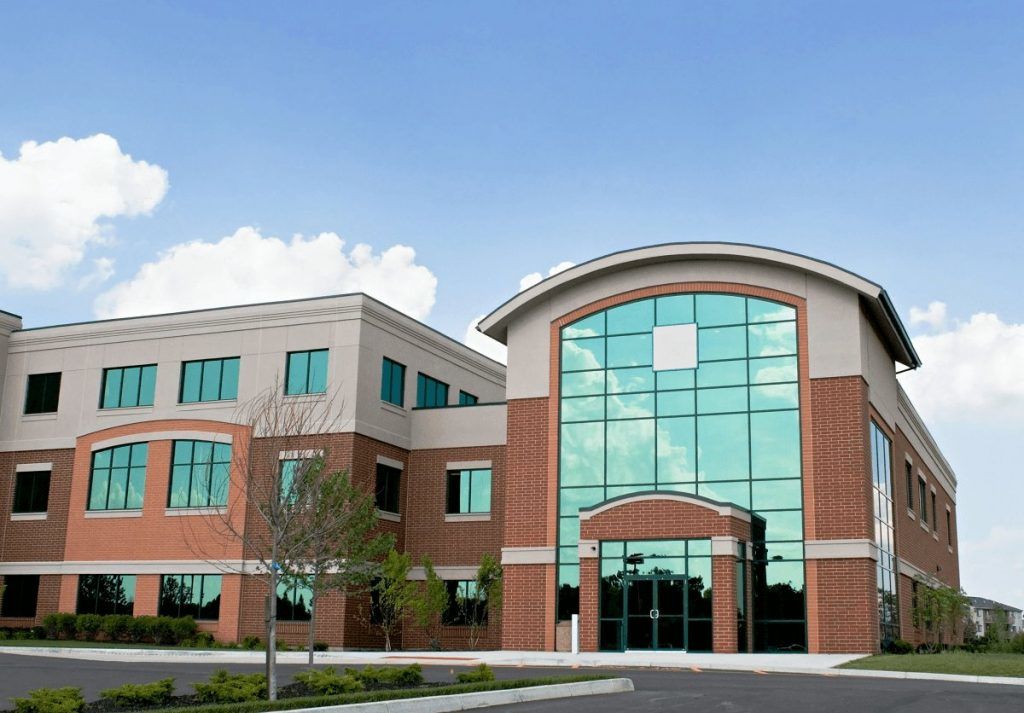
In computer science, information restoration is basically a process of recovering inaccessible, lost, corrupt, damaged, formatted or lost knowledge from removable media, secondary storage or even recordsdata, when the precise information saved in them cannot be learn in a typical method anymore. In many situations, we simply cannot get well information that has been misplaced as a consequence of bodily harm like file corruption, crash or onerous drive crash. Then again, some info might have been unintentionally overwritten, deleted or lost resulting from logical harm like a foul file formatting. No matter the rationale, the method of data restoration entails quite a few steps.
Essentially the most basic and step one in recovering information loss is to examine your storage units for data loss. For this, that you must bodily look at all storage media and to verify for any bodily injury. You additionally need to determine in case your computer system has suffered any type of failure or software malfunction. All these factors will surely result in a file system failure. If this failure may be very extreme, you can consider some simple procedures to recuperate data.
Immediately, there are numerous varieties of knowledge storage gadgets and applied sciences out there available in the market. In case you are fascinated by recovering data, you should use a number of forms of recovery instruments including DLP products. These kinds of products are ideal for circumstances the place the amount of lost data is relatively less. This is because DLP merchandise can get well deleted and misplaced data with a high share accuracy.
It is very important to know how DLP knowledge restoration works. Basically, DLP merchandise work on the principle of wiping an space of the exhausting drive which known as the erase strip. When this strip is erased, the situation of important information turns into unrecoverable because it is now not physically accessible.
When a file system is damaged, the bodily storage media can’t access the files and the system crashes. There are a number of the reason why information loss happens. Most of the time, it happens due to hardware issues and logical damage. Physical damage is the commonest purpose why your storage system can lose stored info; nevertheless, logical injury can even happen.
data recovery services https://datarecovery.london occurs when viruses or Trojans corrupt or damage the file system. On the other hand, most people think that corruption is the one cause why their storage system fails to get well information. Nevertheless, the reality is that, logical issues can also happen underneath normal circumstances. With the help of DLP data recovery software program, you can easily recover deleted or lost info from damaged storage media.
The technique of DLP knowledge restoration consists of a number of steps. First, you’ve got to ensure whether your complete file system has been compromised. On this case, you can use disk imaging to locate the areas that didn’t be restored. Next, it’s a must to restore the disk and find the files that were corrupted. You need to then extract all of the misplaced data to the arduous drive and convert the files to a.DLP format.
For physical damage brought on by viruses or Trojans, it’s best to use a differential data recovery software program and restoration instrument. The differential information recovery software extracts data from the affected space and repairs the physical harm. This technique requires the bodily media that was broken be opened first. Finally, please click the next post working system should be repaired utilizing the forensic information recovery program. You should use the software to recuperate your lost data with the help of a forensic investigator. For NAS data recovery on recovering deleted files, see Can I Get better Deleted Recordsdata From Bodily Injury?



0 Comment